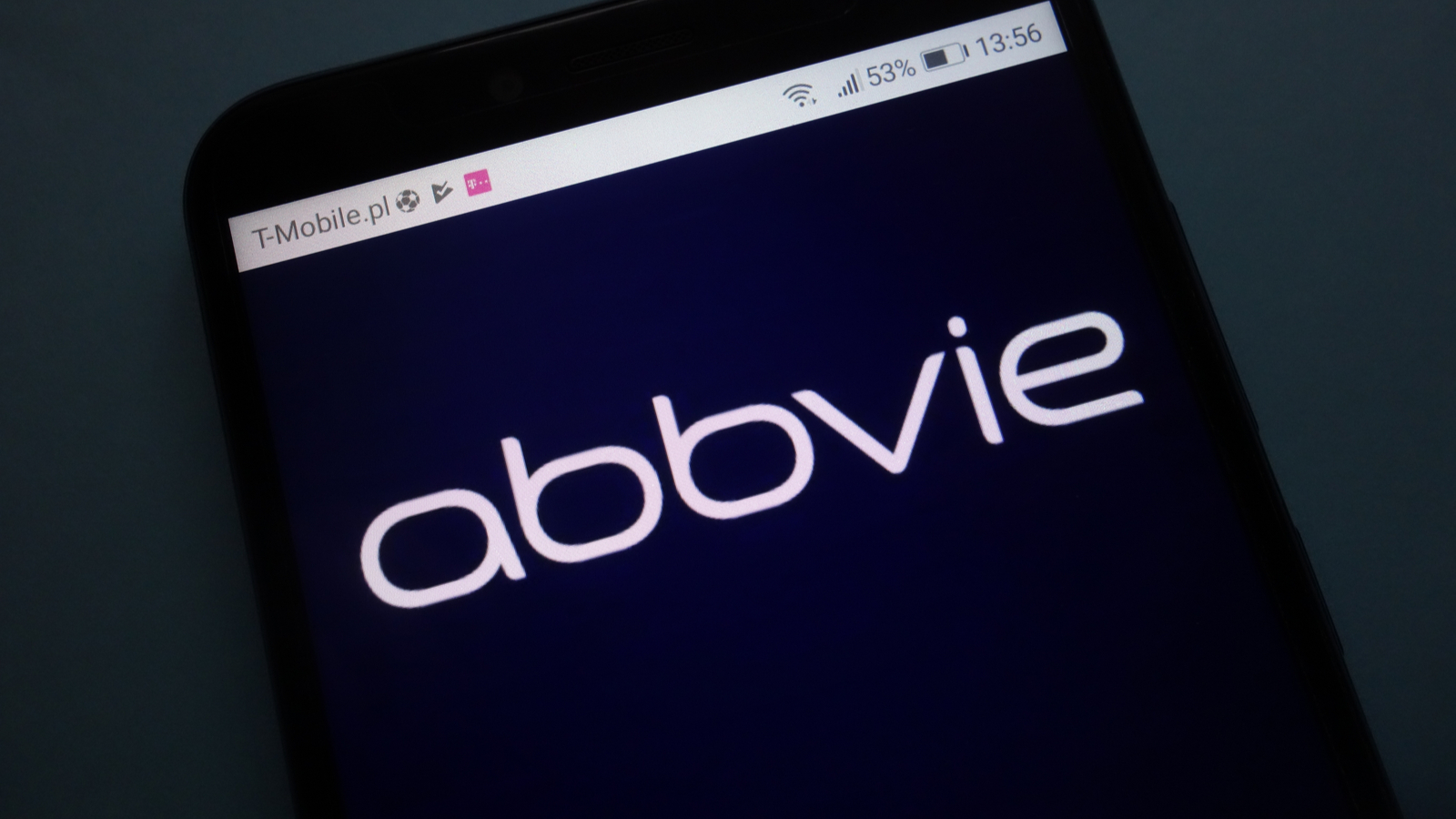
From late spring through much of the summer, AbbVie (NYSE:ABBV) stock encountered a fair bit of turbulence.
With sales of the big pharma firm’s flagship drug Humira dropping, investors bailed on ABBV stock, fearful of continued poor results ahead.
However, since the release of AbbVie’s Q2 2023 results back in July, investor sentiment for this stock has improved.
During Q2, the company again reported year-over-year declines in revenue and adjusted earnings, but strong results for two other blockbuster drugs helped to ease concerns about continued sales erosion for Humira.
While that’s not to say sentiment has shifted fully back to bullish, upcoming developments could help finally put to rest concerns about this stock being a value trap.
Even better, there may be a path for shares to experience a strong surge higher down the road.
ABBV Stock: Addressing Value Trap Concerns
Since the aforementioned Q2 earnings release, AbbVie shares have bounced back from the $130s per share back to around $150 per share, with the stock holding steady near this price level for the past two months.
Again though, while performing ABBV stock has improved, value concerns may remain. This is a big reason shares trade at a discounted valuation (around 13.5 times earnings) compared to other pharma stocks like AstraZeneca (NASDAQ:AZN), which trades for around 18.5 times earnings.
That said, later this month, the release of Q3 results later this month could help to further assuage value trap concerns.
If, like last quarter, AbbVie can show that rising sales of drugs like Skyrizi and Rinvoq will continue to outweigh falling Humira sales, shares could experience a modest boost higher.
After another slight post-earnings rally, this stock may hold steady. This is especially the case, if market volatility returns, and investors cycle back into defensive plays.
Operating in a recession-resistant sector (healthcare), with a 3.96% dividend yield and dividend king status to boot, shares could serve as a solid safe harbor.
A Key Reason to Make This a Long-Term Hold
If high interest rates and a 2024 recession result in a stormy market once again, ABBV stock could provide you with consistent gains from its dividend payouts, and stability as more speculative names trade wildly.
However, don’t assume that the long-term upside potential with this stock is limited to modest-but-steady total returns.
Over a longer timeframe, AbbVie could really knock it out of the park. Why? As Raymond James’ Gary Nachman recently argued, sales of the company’s other blockbuster drugs (Skyrizi, Rinvoq) could surpass peak sales for Humira while having a lower risk of being affected by biosimilars.
This may mean, instead of reporting minimal earnings growth in 2024 and 2025 (as forecasts suggest), AbbVie instead reports a growth resurgence.
A re-acceleration of growth could also arrive from the release of new drugs. As InvestorPlace’s John Blankenhorn discussed last month, AbbVie has a high-potential, albeit long-shot, Alzheimer’s drug candidate in its pipeline.
A rebound in growth will, of course, benefit ABBV in two ways. First, shares will rise in tandem with increased earnings. Second, chances are a higher level of earnings growth will enable the stock to bridge its current valuation gap with peers.
Bottom Line
AbbVie is not the only major pharma stock trading at a low valuation right now. Pfizer (NYSE:PFE) is another such example.
Trading for 10 times earnings, PFE is cheaper than ABBV. Like this stock, Pfizer has “dividend king” status, yet it also sports a higher dividend yield (4.95%).
Still, as Louis Navellier and the InvestorPlace Research Staff recently argued, all signs point to it being a value trap, at risk of further declines.
Mostly, because Pfizer’s Covid-19 vaccine and treatment sales keep falling, with little in the way of other products/pipeline candidates poised to make up the difference.
ABBV stock, on the other hand, has strong potential to keep bouncing back. Other products/pipeline candidates point to the company fully getting over the loss of Humira. Coupled with a decent-sized dividend yield, shares could produce solid total returns in the years ahead.
On the date of publication, Thomas Niel did not hold (either directly or indirectly) any positions in the securities mentioned in this article. The opinions expressed in this article are those of the writer, subject to the InvestorPlace.com Publishing Guidelines.






